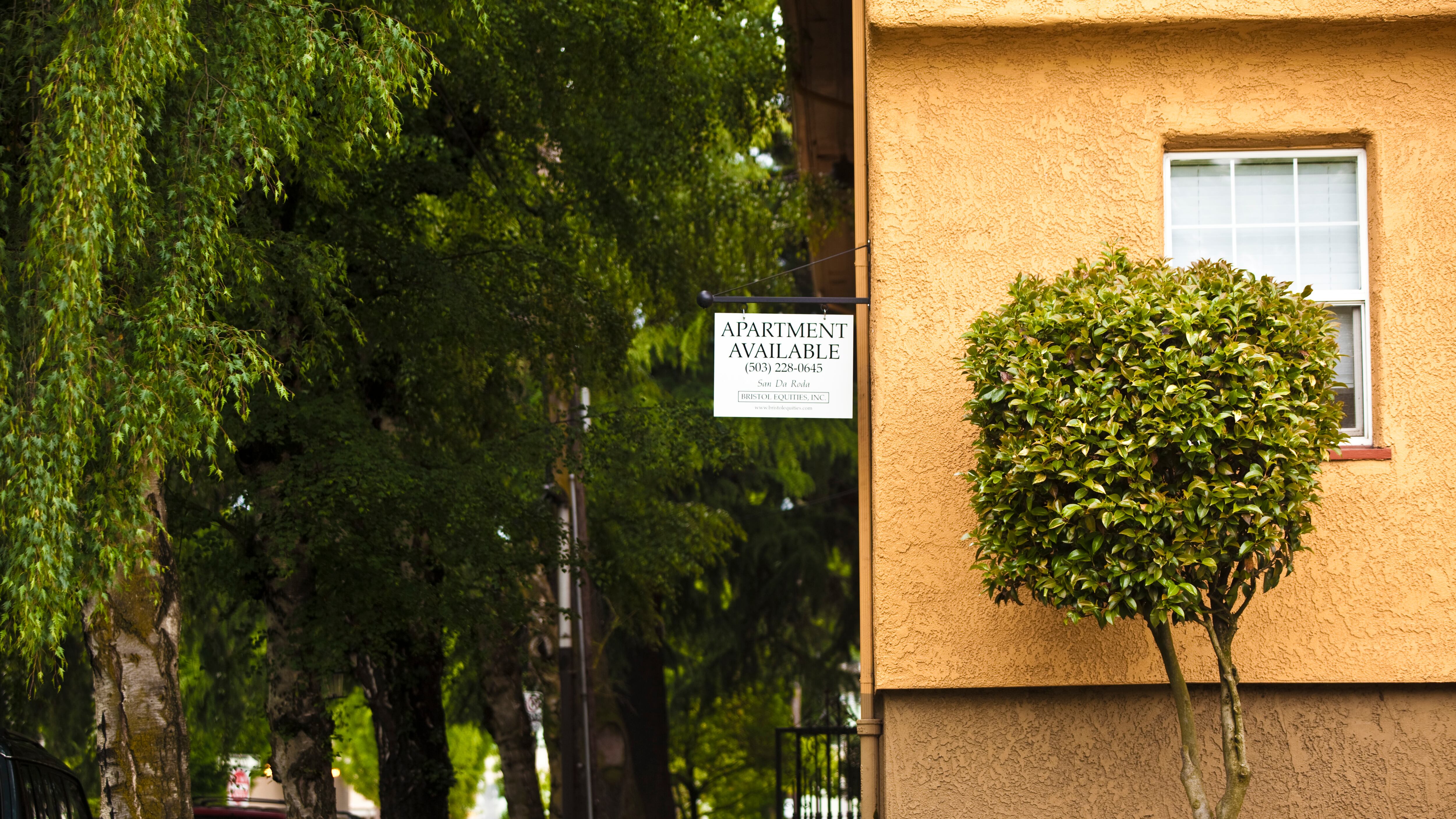A bill introduced in the Oregon Legislature by progressive Democrats seeks to make it more difficult for landlords to price out their tenants. It would cap the allowable annual rent increase across the state and require a larger payout to renters evicted without cause. It’s proving to be one of the more contentious bills of the legislative session.
It’s the latest battleground between tenants’ rights groups, which have been ascendant in Salem for several years, and landlords, who for decades blocked anything smelling of rent control. Advocates for rent-control measures argue that capping rent increases would help prevent low-income renters from becoming homeless. Landlords argue that rent control disincentivizes building more housing and slows meeting the state’s housing goals.
CHIEF SPONSORS: Sens. Wlnsvey Campos (D-Aloha) and Sara Gelser Blouin (D-Corvallis) and Reps. Andrea Valderrama (D-Portland), Courtney Neron (D-Wilsonville) and Mark Gamba (D-Milwaukie)
WHAT IT WOULD DO: SB 611 would require landlords to pay three months’ rent to tenants they evict without cause, rather than the one month’s rent now required.
It would also cap the allowable annual rent increase at 10%, or 5% plus the previous year’s consumer price index, whichever is less. The current statewide cap is 7% plus CPI. This year, that equates to an allowable rent increase of 14.6%. (When lawmakers passed a statewide cap in 2019, they grandfathered in previous Portland rules, which require landlords to pay moving costs if they raise rents more than 10%.)
The bill as initially drafted sought to cap the allowable rent hike at 8%, or 3% plus CPI, whichever was less. But facing hesitancy from legislators on both sides of the aisle, Sen. Kayse Jama (D-Portland), who chairs the Senate Committee on Housing and Development in which the bill now sits, amended SB 611 last week to raise the cap slightly.
PROBLEM IT SEEKS TO SOLVE: Displacement of tenants through annual rent increases. Multnomah County estimates 3,057 people sleep on Portland-area streets on any given night. Advocates argue that annual rent spikes are a primary factor in an increasing number of Portlanders falling into homelessness.
WHO SUPPORTS IT: Tenants’ rights advocates and renters. Groups in support include the Coalition of Communities of Color, the Community Alliance of Tenants, and the Oregon Housing Alliance.
CAT executive director Kim McCarty wrote in legislative testimony that renters are in “shock and panic” seeing their rents increase this year. “Every day, tenants call our hotline to tell us that they are at risk of homelessness because they received an unreasonable rent increase notice,” McCarty wrote.
WHO OPPOSES IT: Landlords and landlord groups, including Multifamily NW, which aired its objections in a March 24 letter to the Housing and Development Committee.
“Rent control is at best a thin Band-Aid that will not ultimately benefit Oregonians,” wrote the landlord group. “Multifamily NW is eager to move beyond this well intended but highly impractical proposal.”
Landlord groups argue that Portland’s strong renter protections, and increasingly the state’s similar rules, deter developers from building affordable housing—what most would agree is the core issue at the heart of the state’s homelessness crisis.
The bill now sits in the Senate Committee on Rules.

